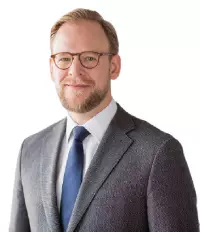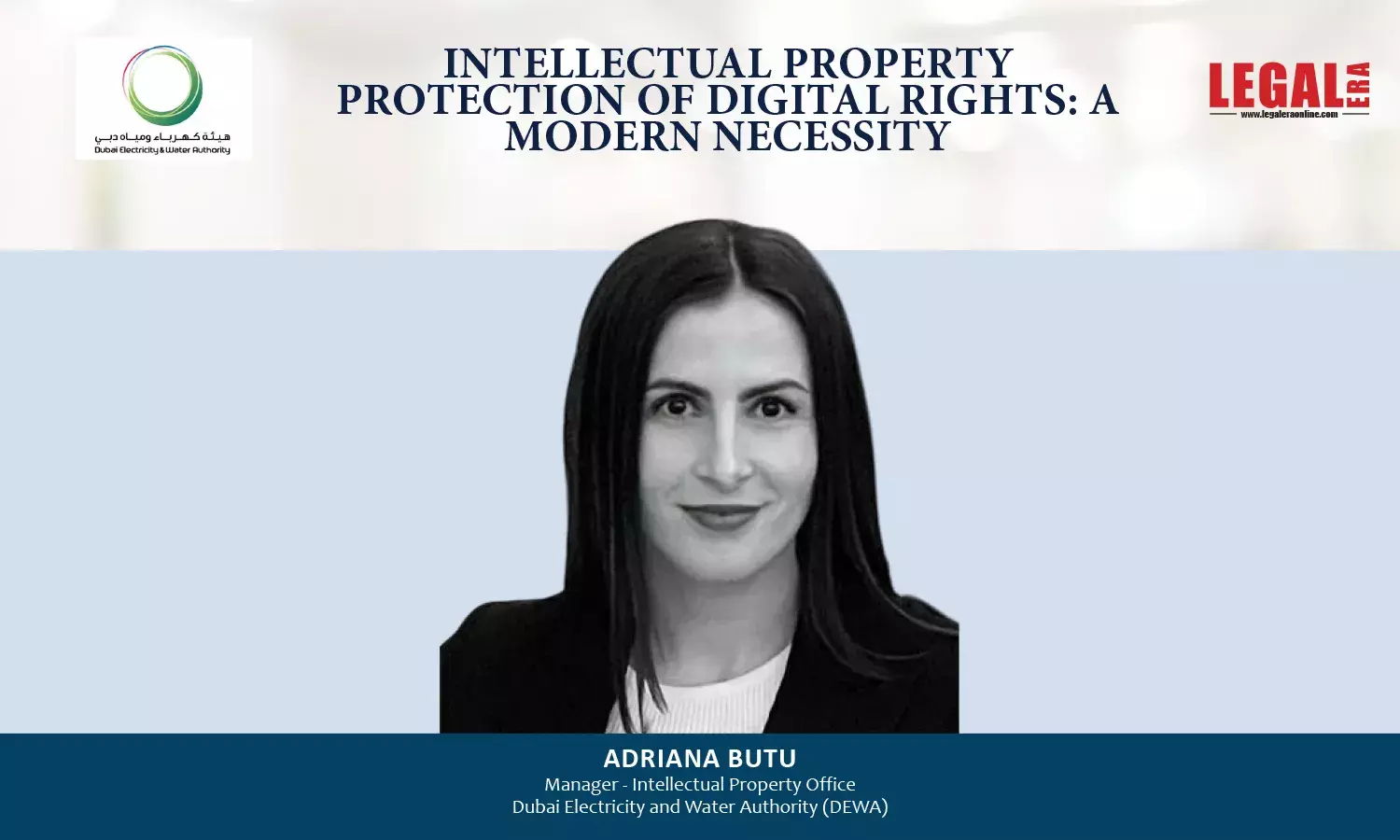Higher Regional Court of Düsseldorf decides on further use of advertising after product modification
If a product is modified because it is suspected of infringing a patent, or if there is even already an obligation;

Higher Regional Court of Düsseldorf decides on further use of advertising after product modification If a product is modified because it is suspected of infringing a patent, or if there is even already an obligation to cease and desist with regard to this product, the product labeling should, in most instances, be modified and a disclaimer attached to the advertising in order to avoid...
Higher Regional Court of Düsseldorf decides on further use of advertising after product modification
If a product is modified because it is suspected of infringing a patent, or if there is even already an obligation to cease and desist with regard to this product, the product labeling should, in most instances, be modified and a disclaimer attached to the advertising in order to avoid a possible further use that infringes the patent
If advertising material that was originally used for a patent-infringing product continues to be used without modification, this may constitute an independent act of patent infringement, even if the advertised products were technically modified in a way that excludes patent infringement. A judgment as well as a follow-up decision in penalty payment proceedings of the Higher Regional Court of Düsseldorf provides useful information for the handling of this problem in practice.
Legal starting position
The German Federal Supreme Court already held in the decisions "Kupplung für optische Geräte" (GRUR 2003, 1031) as well as "Radschützer" (GRUR 2005, 667) that the unaltered further use of advertising material originally used for a patent-infringing product can constitute an independent act of patent infringement, even if the advertised products have in the meantime been modified in a way that excludes a patent infringement. A judgment of the Higher Regional Court of Düsseldorf dated November 14, 2019 (case no. 15 U 71/18, available under Beck RS 2019, 31329) and a subsequent decision in the penalty payment proceedings of September 14, 2020 (unpublished) develop this case law further.
Constellation in the decision of the Higher Regional Court of Düsseldorf
Typically, the problem of the patent-infringing further use of advertising arises in the context of whether the cease-and-desist order of an already issued judgment, or a contractual obligation to cease and desist, has been violated. For the question whether a first-time patent infringement can trigger an injunction claim, the further use of advertisement is usually irrelevant, since the original infringing act (i.e., the offer of the patent-infringing product itself) is already sufficient to justify the required so-called "risk of repetition". The decision of the Higher Regional Court of Düsseldorf concerns a specific constellation in which the plaintiff had acquired the patent only after the modification of the patent-infringing products. Hence, the question arose whether the "risk of repetition" established with regard to the previous owner was void. The Court left this question open, since it found that in the present case the further use of the advertisement after the change of patent ownership still justified an independent "risk of repetition" (OLG Düsseldorf, ibid., marginal no. 84).
Important Aspects of the Decision
In its decision, the Court first clarified that the fact that the earlier case law was based on an already existing obligation to cease and desist should be found irrelevant for the legal assessment of whether a patent-infringing further use exists (OLG Düsseldorf, ibid., marginal no. 67). Thus, not only is the earlier case law applicable also in these circumstances; this decision should conversely be found applicable also to the typical constellations of the further use of advertisement after an obligation to cease and desist.
The Court then rejected the view the further use of advertising in a way that infringes the patent would be out of question in the case of products for which the properties that led to the patent infringement could not be deduced from their external appearance and consequently also not from the advertising material (OLG Düsseldorf, ibid., marginal no. 72f.). It therefore ruled in favor of continued infringement.
Continuation in the penalty payment proceedings
Subsequently, the defendant changed the product name and added a disclaimer to the website, which pointed to the modification of the product (but without indicating that the product was patent infringing before the modification). The product name was modified by adding the letter "N" at the end of the product name.
The plaintiff considered these modifications to be insufficient and filed a penalty payment proceeding. The Dusseldorf Regional Court, however, decided in the first instance that there now was no patent-infringing further use of advertising due to the modifications (decision of April 30, 2020, case No. 4a O 22/17 OV, unpublished).
In particular, it considered the addition of the suffix "N" to be sufficient, provided, however, that the product name consisted of only a few numbers and that the products in dispute were intended for industrial applications and therefore for particularly attentive customers. The Court found that the disclaimer further reinforced the impression conveyed by the change in the product designation. The Higher Regional Court of Düsseldorf concurred with this legal opinion in the appeal proceedings (decision of 14 September 2020).
Consequences for the practice of advertisement
If a product is modified because it is suspected of infringing a patent, or if there is even already an obligation to cease and desist with regard to this product, the product labeling should, in most instances, be modified and a disclaimer attached to the advertising in order to avoid a possible further use that infringes the patent. The ruling provides useful information for the practical implementation. Exactly which changes are to be made is a question of the respective individual case and can be determined with professional legal advise.





